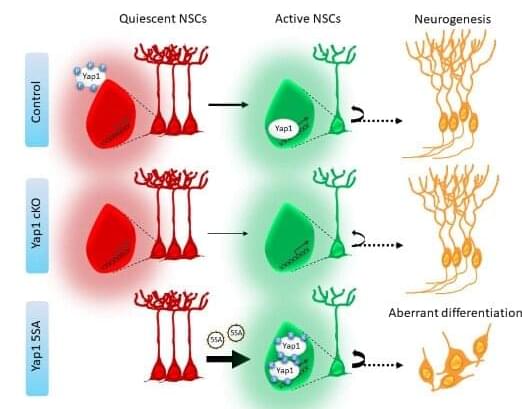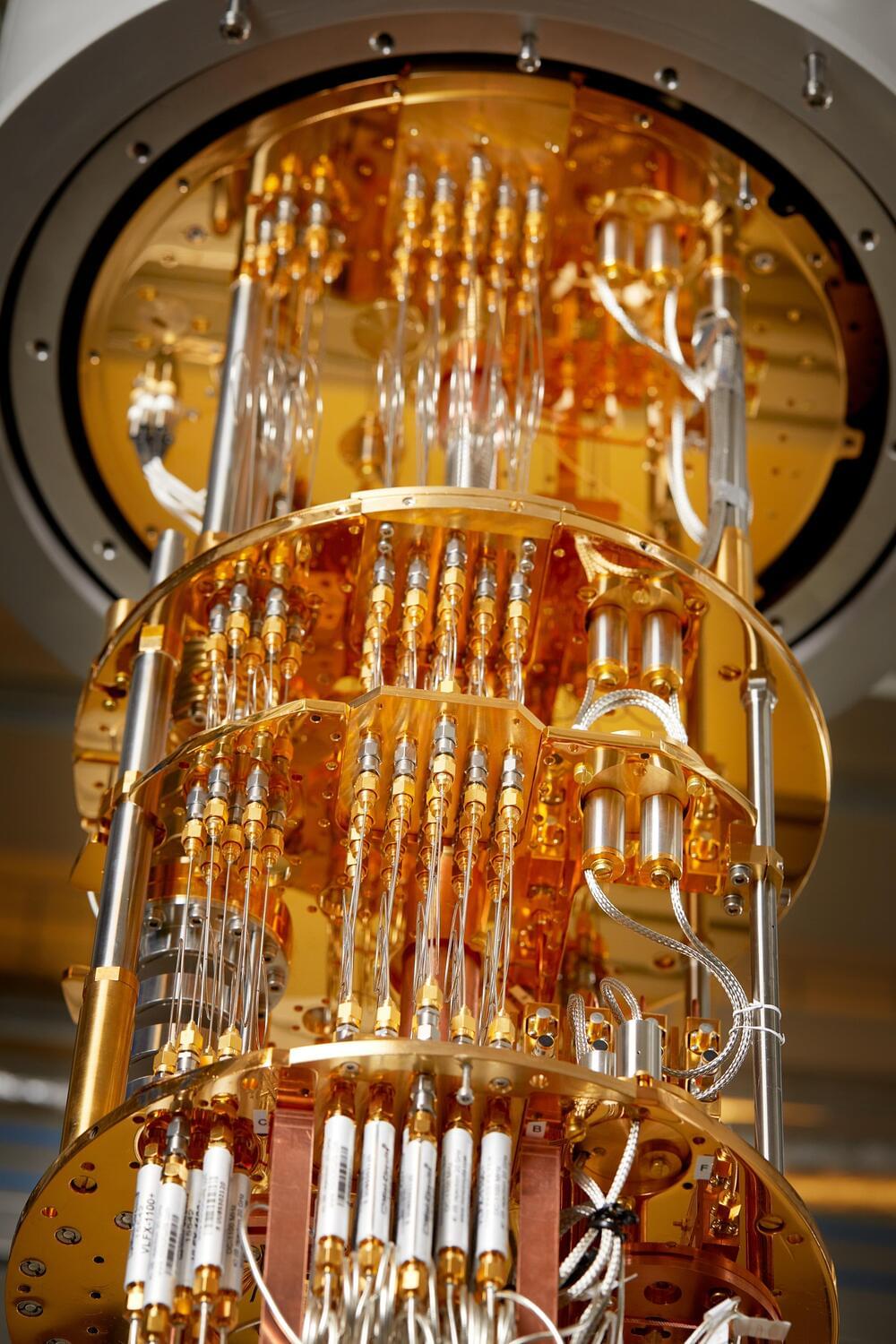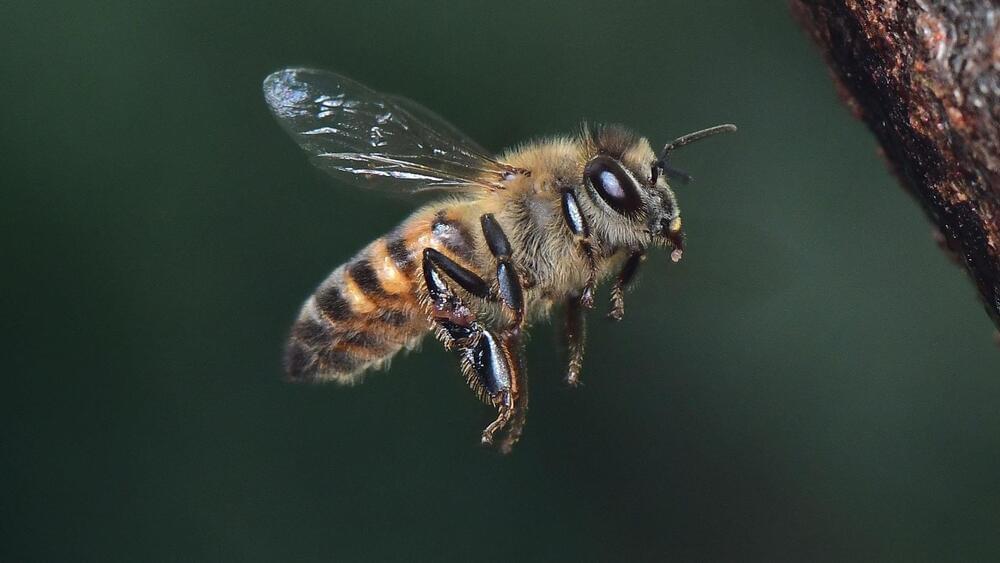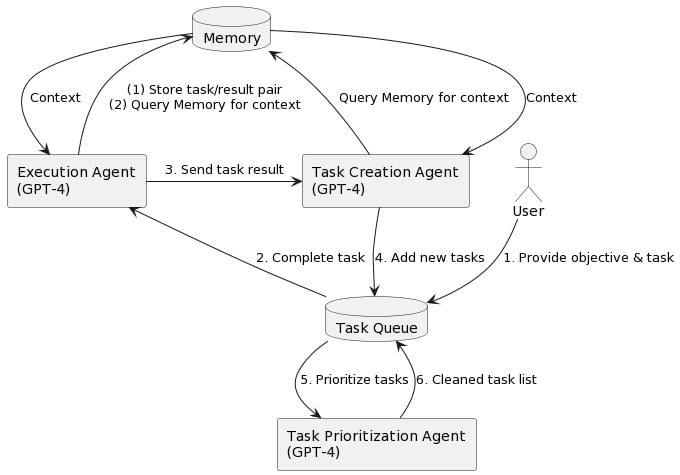A new publication released today in The EMBO Journal identified a key protein in the molecular mechanism triggering neurogenesis in the hippocampus. They found that tight regulation of Yap1 activity is essential as dysregulation can cause tissue disruption seen in the early stages of brain cancer.
Neurogenesis is the process by which new neurons are produced by neural stem cells (NSCs) in the brain. Neurogenesis is a crucial process in embryo development, but it also continues in some brain regions after birth and all throughout adulthood. In adulthood, neurogenesis is mainly responsible for brain plasticity.
In the adult hippocampus, a brain area responsible for memory and learning, most stem cells are held at quiescence. This reversible pause protects stem cells against damage and controls the rate of neurogenesis. When necessary, the stem cells can be taken off this pause to undergo activation. The mechanisms controlling quiescence and activation are still not fully understood.







